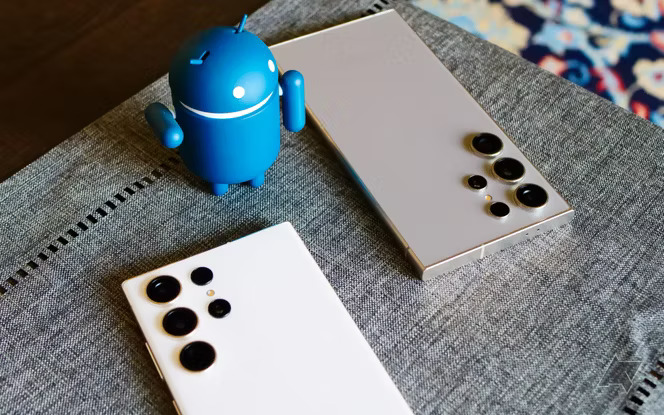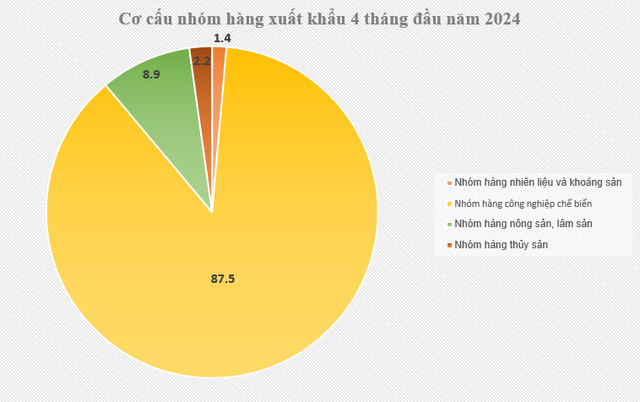Despite the disheartening blow of the homegrown wave helping Huawei outpace the iPhone in the Chinese market, Apple might derive some comfort from the knowledge that in another nation, they are besting their biggest rival on their home turf.
For years, Samsung smartphones were the top-selling devices in South Korea, where the company was founded in 1938. However, the iPhone is gaining ground, its popularity suggesting that Samsung’s reign in its home country may not be as firm as perceived.
Worse still for Samsung, Apple’s iPhone officially outsold Samsung devices globally in 2023, breaking the 12-year long record the South Korean tech giant held as the world’s top-selling smartphone vendor.
So what’s driving the popularity of the iPhone in South Korea?

Why Samsung is losing market share
Samsung’s longstanding dominance in South Korea has been a given for years, as the company has had almost 90 years to establish itself in the East Asian country, according to Android Police. Samsung enjoyed a 66% share of the smartphone market in South Korea, almost three times that of Apple, which managed just 29%.
However, nothing lasts forever and the recent growth in iPhone sales in South Korea could be spelling long-term trouble for Samsung.
A report from the Korea Herald notes that sales of the iPhone 15 series – which includes the iPhone 15, iPhone 15 Plus, iPhone 15 Pro, and iPhone 15 Pro Max – have increased significantly in South Korea, with a 41.9% increase over the iPhone 14 at the same point last year.
There are a number of reasons why Samsung is hemorrhaging users in its home country. For one, the Android market is incredibly crowded, making it increasingly difficult to compete with Apple when there’s a growing number of capable challengers snapping at your heels.
With Huawei increasingly popular in China, Google setting the value benchmark with its annual Pixel line, and Xiaomi offering great value for money with feature-packed phones, the competition isn’t just tough – it’s brutal.
This has been compounded by the fact that Samsung’s own devices have arguably become less innovative in recent years, with iterative rather than reinventive features and designs meaning they are no longer the go-to choice for Android users in the way they once were.
Coupled with this, the barriers to entry for premium smartphones are dropping, with high-end handsets now accounting for over 20% of the global smartphone market.

That means the once-aspirational iPhone is no longer seen as the unattainable tech totem it once was, and is now a device that many can afford to buy and use.
This is also driven by the fact that smartphones have reached a point of saturation in terms of development, with even budget handsets now offering features and experiences that rival all but the most cutting-edge flagships.
Quite simply, Samsung hasn’t done enough to compete with a company that has proven it knows how to market and create brand cachet – especially when Apple is taking steps to match Android’s path to success.
Apple’s concessions
One of the major reasons for Apple’s ascendancy over Samsung globally is thought to be down to the fact that the iPhone has finally adopted some of the Android features users have been asking for for years.
The success of the iPhone 15 series has been in part at least attributed to the move to USB-C, which the company was forced to adopt due to an EU ruling. Apple is also planning to support RCS, the cross-platform messaging standard that works between Android and iPhone, again due to EU pressure.

That’s not all. In South Korea specifically, carriers have helped Apple by adding support for call recording to the iPhone, a feature that has been present on Samsung devices for years.
While it might sound trivial, call recording is incredibly popular with South Korean users, and is said to be a major reason for many making the switch. Lower prices through carrier deals have also made the iPhone more accessible for many.
The reality is that many Android devices have long surpassed the iPhone when it comes to features. But with innovation increasingly hard to come by as manufacturers play it safe, Apple continues to catch up in the areas that matter most to users.
And if Samsung doesn’t continue to innovate, it may not be long before another company is dominating its home market.





































